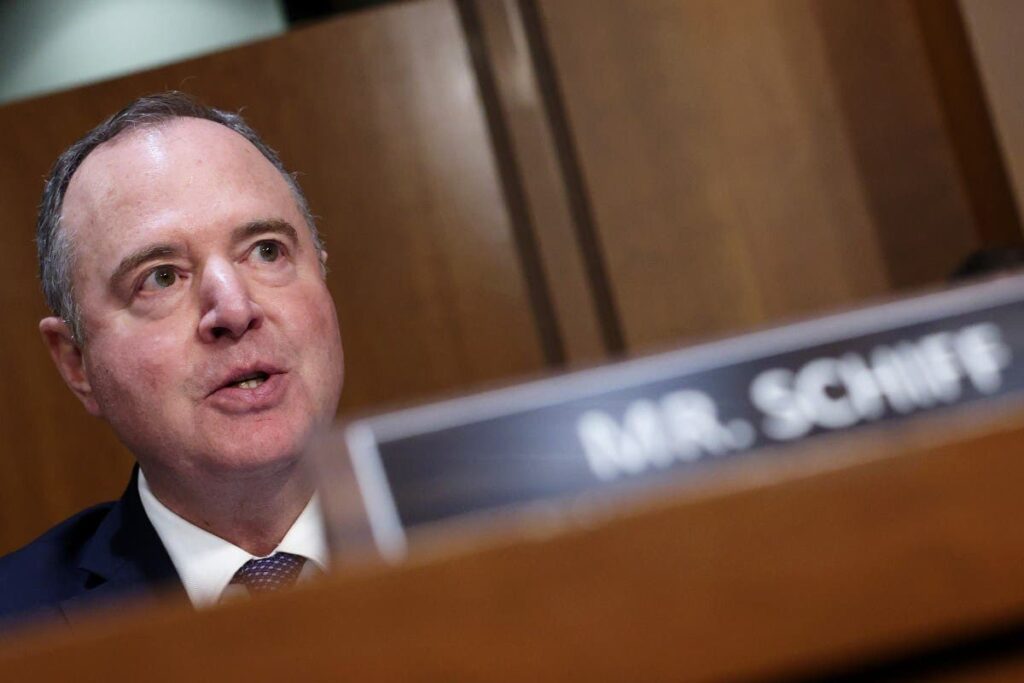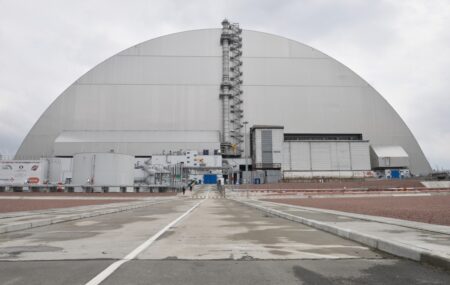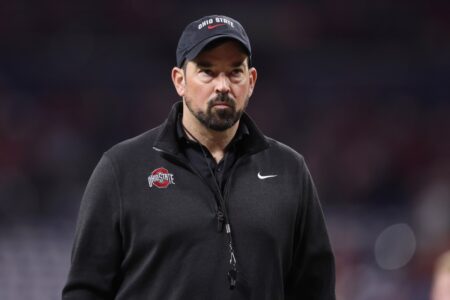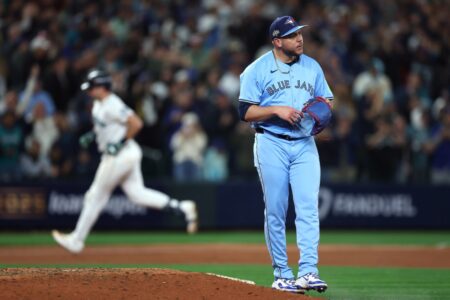Senate Republicans on Wednesday blocked a measure aimed to prevent U.S. strikes on boats the Trump administration says are transporting narcotics off the coast of Venezuela.
Why It Matters
Military action by the United States in the Caribbean under President Donald Trump has drawn strong condemnation and raised the concern of lawmakers in Washington. The U.S. strikes spur questions about the legitimacy and legality of U.S. military operations against suspected drug trafficking but also tests diplomatic relations between the U.S. and Latin American neighbors.
What To Know
The Trump administration says it has conducted at least four strikes on alleged drug-trafficking boats near Venezuela since September 2, killing at least 21 people.
The attacks have contributed to sharply escalated tensions with Venezuela. Trump has ordered a halt to diplomatic contacts with President Nicolás Maduro’s government amid mounting military and intelligence activity near the Caribbean coast.
Democrats forced a vote on the strikes under the War Powers Act but lost it 48-51. Two Republicans, Senators Rand Paul and Lisa Murkowski, voted in favor and Democratic Senator John Fetterman opposed the measure, the Associated Press reported.
The resolution, led by Democratic Senators Adam Schiff of California and Tim Kaine of Virginia, would have blocked the U.S. military from engaging in hostilities with “any non-state organization engaged in the promotion, trafficking, and distribution of illegal drugs and other related activities” without congressional authorization.
“For perhaps the first time in our history, a president of the United States ordered the U.S. military to use lethal force against individuals who posed no imminent threat of attack and who could have been stopped thousands of miles from our shore had we interdicted and arrested thousand on board, just as they routinely are by our Coast Guard,” Schiff said before the vote.
“Instead, the U.S. military used lethal force on four separate occasions, killing everyone on board.”
The resolution said Congress has not received sufficient information about the vessels’ passengers, cargo or affiliation, their intended destination and any threat they posed to U.S. interests.
Nor had Congress received information on the justification for the use of lethal force, the availability of non-lethal means and “the purported domestic authority or international legal basis to conduct the strikes.”
The resolution said while nothing prevented the U.S. from defending itself against an armed attack or using the armed forces to support civilian authorities in counternarcotics operations, “the trafficking of illegal drugs does not itself constitute such an armed attack or threat of an imminent armed attack.”
Colombian President Gustavo Petro said on Wednesday that a “war scenario” has emerged in the Caribbean after claiming that indications show a boat allegedly carrying Colombian citizens was bombed.
What People Are Saying
Schiff, on Wednesday: “We all agree that the scourge of drugs is real … but we’re also committed to our Constitution, to a system of checks and balances that widely placed the power to make war in our hands, not an executive that may grow too fond of using it.”
Secretary of State Marco Rubio, on Wednesday: “These are targeted strikes against imminent threats against the United States.”
White House press secretary Karoline Leavitt, on October 3: “As the White House has said many times, the president has directed these actions, these strikes against Venezuelan drug cartels and these boats consistent with his responsibility to protect the United States’ interests abroad and in furtherance of the U.S. national security and foreign policy interests.”
What Happens Next
The strikes are likely to continue and with official diplomacy halted and U.S. military assets positioned close to Venezuelan territory, Washington appears prepared to increase pressure on Maduro through covert operations, naval maneuvers and targeted attacks.
Read the full article here














